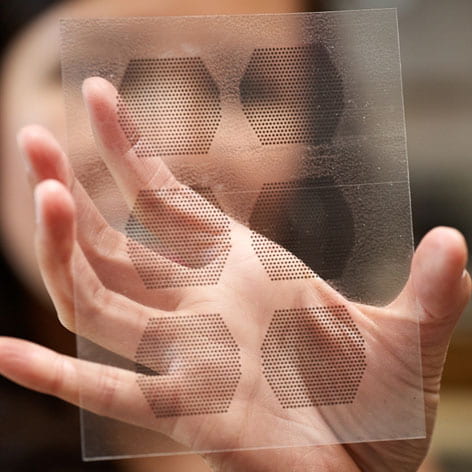UC Irvine mathematicians, Princeton ecologist publish intriguing stem cell findings in PNAS
Just as humans decide how much of their wealth to spend versus passing it on to their children, stem cells may divide and re-create based on whether it’s more important for them to conserve their genetic identity or pass along a portion of other, nongenetic information to the next generation, according to a paper published today in Proceedings of the National Academy of Sciences.
Just as humans decide how much of their wealth to spend versus passing it on to their children, stem cells may divide and re-create based on whether it’s more important for them to conserve their genetic identity or pass along a portion of other, nongenetic information to the next generation, according to a paper published today in Proceedings of the National Academy of Sciences. The novel approach modeled in the paper is the result of a unique collaboration between UC Irvine mathematicians and Simon Levin, a Princeton University ecologist who’s a distinguished visiting professor with UC Irvine’s Institute for Mathematical Behavioral Sciences and Department of Ecology & Evolutionary Biology. “It’s a really interesting breakthrough integrating knowledge from biology, applied math and economics,” said co-author Qing Nie, a UC Irvine math professor whose former postdoctoral fellow Jinzhi Lei (now at Tsinghua University in Beijing) is lead author. The findings could be valuable in the development of lifesaving stem cells.
